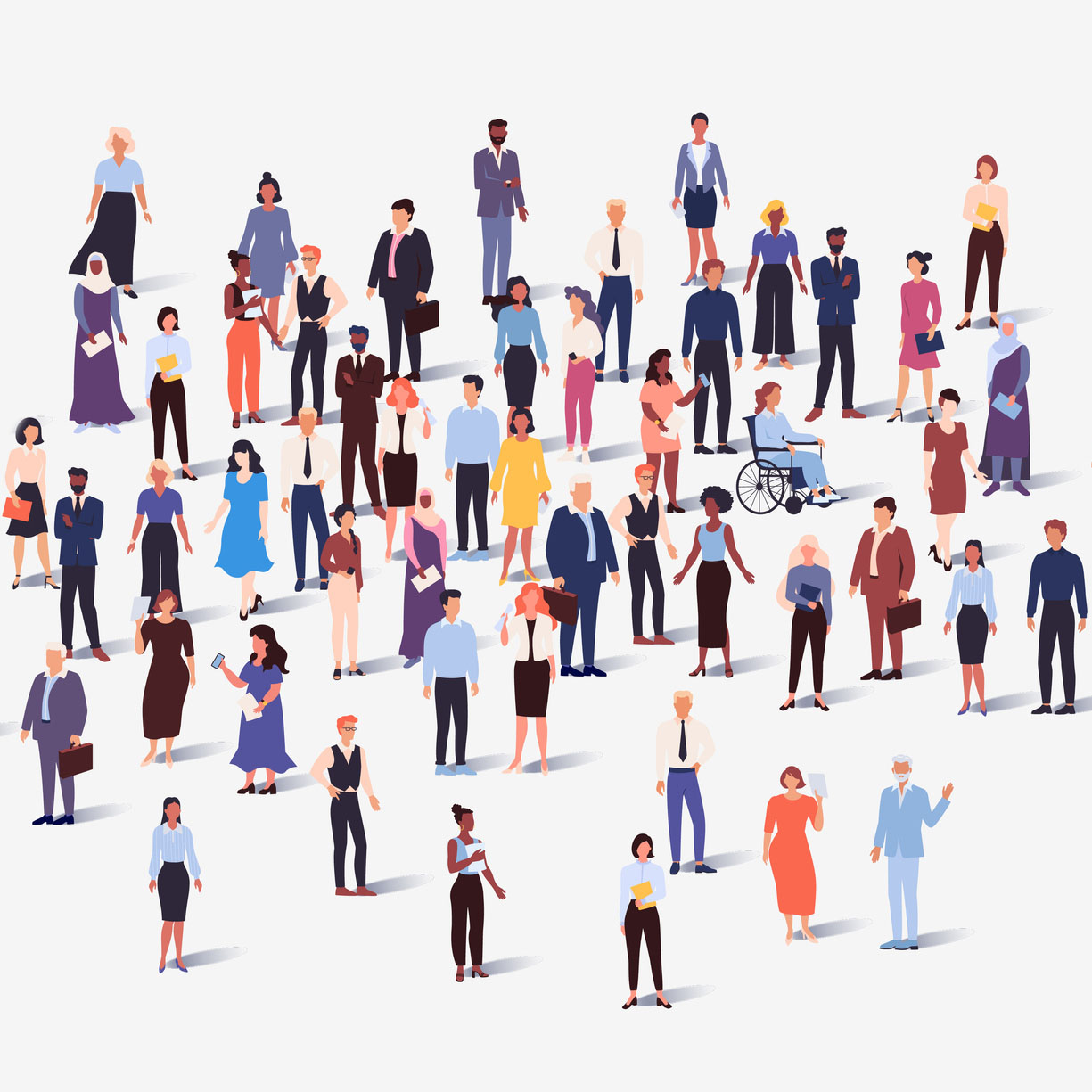
Ever heard of false memories? They’re exactly as they sound, inaccurate recollections derived from context clues like thinking you parked your car in one spot in the garage you use every day when it’s actually on a different level. Researchers from Penn Arts & Sciences have now shown that something different happens in the brain when someone is recalling true versus false memories.
Penn Arts & Sciences researchers make unique discoveries like this all the time, across a range of fields. Here’s a look at five recent findings.

False Memories and the Brain
The hippocampus is the part of the brain that, among many roles, regulates memory. Previously, it wasn’t clear whether anything different happened in the brain when a person recalled true or false memories. But in a paper recently published in the journal Proceedings of the National Academy of Sciences, Michael Jacob Kahana, Edmund J. and Louise W. Kahn Term Professor of Psychology, and colleagues including Noa Herz, a former postdoc in Kahana’s lab and now an assistant professor at Thomas Jefferson University, showed that electrical activity in the hippocampus does, in fact, differ before these two types of memories. What’s more, using intracranial recordings, the researchers found that they could predict the accuracy of the soon-to-be-recalled memory.

Individuals Versus Groups
Erol Akçay, an associate professor of biology, and Marco Smolla, a former postdoc in the Akçay lab and now a researcher at the Max Planck Institute for Evolutionary Anthropology, wanted to understand how social networks and cumulative culture—the breadth of and proficiency in socially learned skills—co-evolve. Using a model where individuals learn new skills from their social connections by being exposed to it multiple times, the researchers discovered that what’s best for an individual may directly conflict with what’s best for the larger group. Specifically, they determined that “disconnection,” or fewer social connections, may benefit an individual, but highly connected groups succeed most. They published their findings in Evolutionary Human Sciences.

Positive World View and Privilege
Senior Research Scientist Jer Clifton leads The Primals Project, an initiative out of the Positive Psychology Center that focuses on the formation of primal world beliefs, a person’s basic notions about the nature of the world. In a paper in the Journal of Personality that Clifton co-authored with postdoc Nicholas Kerry and others, the research team showed that socioeconomic status, neighborhood safety, and other “indicators of privilege” didn’t accurately predict whether someone would view the world positively or negatively. Moreover, laypeople and researchers alike greatly overestimated how closely people would associate world beliefs and life circumstances.

How Buyers and Sellers Decide to Trade
When it comes to trading assets like stocks, people often make irrational decisions, not wanting to trade something they have for something they don’t. It’s called the “endowment effect,” and Michael Platt, James S. Riepe University Professor of Psychology, Neuroscience, and Marketing, wanted to better understand this decision-making process.
Using a framework developed by Platt and colleagues from Zhejiang University, the researchers determined they could get some answers from participants’ eyes, watching what happened with eye movement and pupil dilation. In a paper published in Science Advances, the team showed that a deal was more likely when buyer and seller both had dilated pupils and when both parties focused on potential gains rather than on losses. The findings have implications for both consumer protections and the efficiency of free markets.

The Success of “Reluctant Entrepreneurs”
“Reluctant entrepreneurs” are people who start their own business not because they want to but because they need to, for a range of reasons including few other viable employment options. A research team led by Hanming Fang, Joseph M. Cohen Term Professor and chair of the Department of Economics, studied this in the context of the massive downsizing of China’s state-owned enterprises (SOEs) in the late 1990s.
In a recent National Bureau of Economic Research paper, the researchers revealed that reluctant entrepreneurs in China—highly skilled SOE employees who had been displaced and forced into entrepreneurship —“transform” into successful businesspeople who “catalyze the economic growth in subsequent decades.” According to Fang and his co-authors, this conclusion has potential repercussions for China’s market economy, including what roles the private versus public sector can play.







